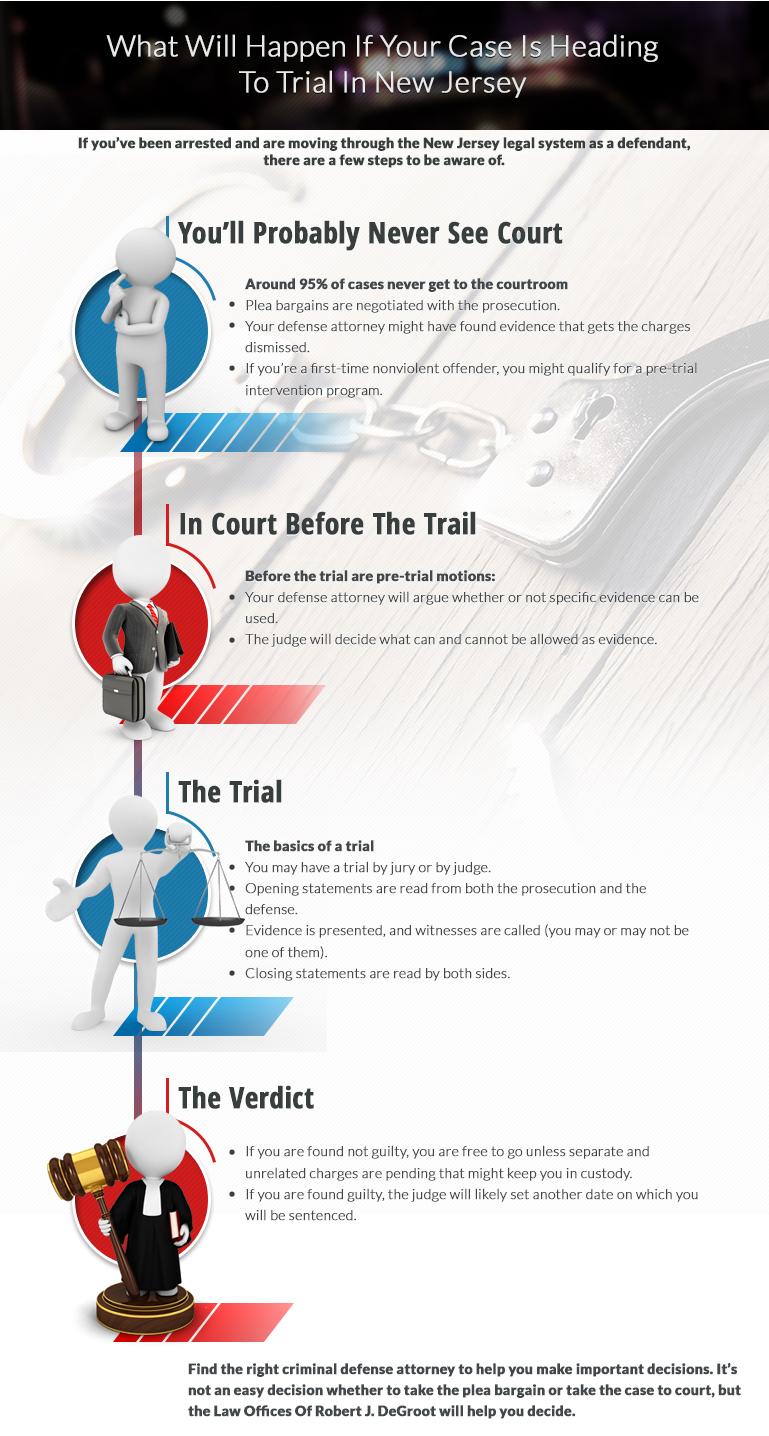Comprehending legal jargon is essential for navigating the legal system successfully. It empowers you to communicate effectively with lawyers, grasp instance details, share exact definitions, and comprehend standards of evidence in criminal situations. See to it to familiarize yourself with key terms and break down intricate terms right into simpler elements. Focus on prefixes, suffixes, and root words in lawful terms. Consulting trusted lawful dictionaries or online sources can also be useful. Understanding these abilities will certainly give you a strong foundation to browse the complexities of the lawful globe.
The Relevance of Comprehending Legal Lingo
Understanding lawful lingo is vital for navigating the intricacies of the lawful system effectively. When you encounter terms like 'pro se,' 'voir dire,' or 'habeas corpus,' it can be overwhelming. Nonetheless, making the effort to comprehend these terms will equip you to connect successfully with attorneys and comprehend the complexities of your situation.
Legal jargon isn't almost seeming advanced; it serves a critical purpose in conveying specific significances. For example, the term 'beyond a practical uncertainty' has a particular legal meaning that can make or damage a case. By understanding this term and others like it, you can better comprehend the requirements of proof required in criminal cases.
In addition, recognizing lawful lingo can aid you make educated choices concerning your legal matters. Whether you're composing a contract, assessing a court file, or looking for legal recommendations, having a grasp of lawful terminology will allow you to promote for yourself better. So, don't shy away from finding out legal jargon; it's a valuable device in your legal toolbox.
Commonly Misunderstood Legal Terms
Browsing the lawful landscape can come to be challenging due to false impressions surrounding certain legal terms. Terms like 'likely reason' and 'beyond an affordable uncertainty' are frequently misunderstood. 'Probable create' describes the degree of suspicion required for police to make an arrest or carry out a search. It isn't as high as the criterion of evidence needed for a sentence.
Recognizing this difference is vital in knowing your legal rights throughout police communications. On the other hand, 'past a sensible doubt' is the high criterion of proof required in criminal instances to found guilty a defendant. Lots of people wrongly think it suggests outright certainty, yet actually, it means the evidence must be so persuading that there's no reasonable question in the mind of a sensible individual that the offender is guilty.
Practical Tips for Navigating Legal Language
To efficiently browse legal language, familiarize yourself with crucial terms and principles. Start by breaking down complex terms right into easier elements. Take notice of prefixes and suffixes, as they can supply clues to the meaning of a word. In addition, try to find root words that are commonly made use of in legal terms. Recognizing relevant web site will assist you grasp the context in which various terms are made use of.
When faced with strange terms, don't hesitate to seek advice from trusted legal dictionaries or online resources. These tools can supply interpretations and descriptions that clear up the definition of details terms. In addition, think about seeking advice from lawyers that can offer insights customized to your circumstance.
Exercise active reading when reviewing legal papers. Make note, emphasize essential terms, and ask concerns to guarantee you understand the material completely. If you encounter ambiguity, seek information promptly to avoid misunderstandings.
Conclusion
Finally, comprehending legal lingo is essential in navigating the complexities of the legal system. By debunking commonly misinterpreted informative post and adhering to useful ideas, you can confidently navigate the globe of criminal law.
Just like a skilled detective deciphers clues to resolve a secret, understanding lawful language empowers you to advocate on your own or others efficiently. Keep unraveling the enigmas of lawful jargon to unlock justice and protect your legal rights.
